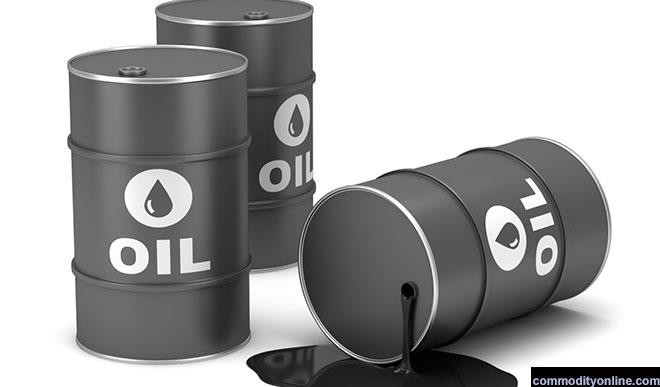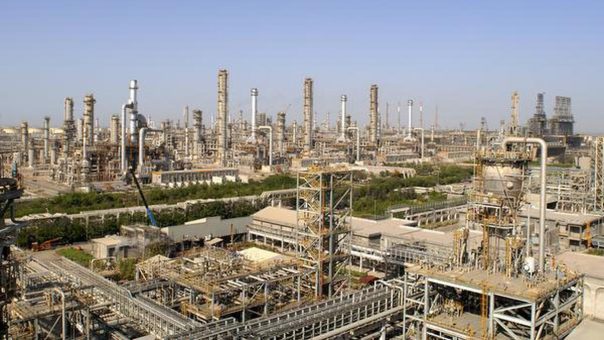By Irina Slav
Saudi Arabia could earn US$161 billion (605 billion riyals) this year from crude oil sales, versus a budgeted US$131 billion (492 billion riyals), local financial services provider Al Rajhi Capital said in a report published this weekend.
The company noted improvements in the economic growth of the Kingdom on the back of higher oil prices, but also forecast growth in non-oil revenues that will contribute to a further narrowing of the fiscal deficit, which Al Rajhi sees at around US$22 billion (86 billion riyals), 58 percent lower than the budgeted deficit.
Over the first half of the year, Saudi Arabia saw a substantial increase in both oil and non-oil revenues, by 40 percent and 49 percent, respectively. While the cost of living continued to rise, it did so at a more moderate pace. The Kingdom’s sovereign investment fund recently took out its first commercial loan, of US$11 billion, that will go towards financing the Vision 2030 economic reform plan.
The IMF recently commended Saudi Arabia for its reform drive, but cautioned that it needs to rein in spending as the implications of a future oil price drop would be more serious if spending continues at the current rate.
In June, Saudi Arabia and the rest of OPEC agreed to start increasing oil production to stabilize fast-rising prices that began to weigh on demand. Despite its pledge to boost crude oil supply to offset supply disruptions, Saudi Arabia’s oil production in July slipped by 52,800 bpd from June to average 10.387 million bpd, according to the secondary sources in OPEC’s closely watched Monthly Oil Market Report.
In August, however, the Kingdom pumped a reported 10.424 million bpd, some 136,000 bpd more than Saudi Arabia’s self-reported daily production rate for July. A Reuters survey today suggested that OPEC’s overall production in August rose by 220,000 bpd to a 2018 high, which pressured prices. While this is hardly the oil price dive that the IMF has cautioned the Saudis against, it is the latest reminder of how volatile oil prices continue to be. This volatility should be taken into account in all spending plans in the Kingdom.
Source: Oilprice.com








